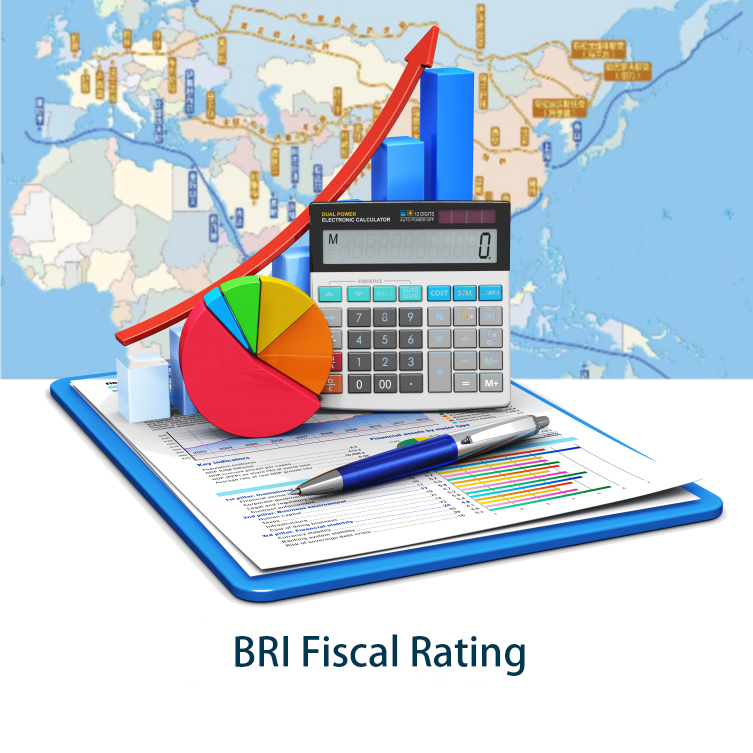Thailand: Tax ruling on the new merger scheme
BY NOPPORN CHAROENKITRAJ, SIRIRASI GOBPRADIT AND ANSIKARN KRISTSMAI
In brief
The Thai Revenue Department (TRD) issued the revenue ruling No. Gor Kor 0702/1112 on 21 February 2024 (“Ruling“) regarding tax treatment for the new merger scheme under section 1238 (2) of the Civil and Commercial Code. According to the Ruling, the merger would be considered as an entire business transfer (EBT) and the tax considerations for the EBT should apply.
In more detail
Effective from 7 February 2023, section 1238 (2) of the Civil and Commercial Code introduced a merger scheme (Company A + Company B = Company A or Company B) as a new method for business integration, in addition to the amalgamation scheme (Company A + Company B = Company C). In a merger, one company will merge into the other surviving company and the merging company will cease to exist and will no longer have its status as a juristic person. The surviving company will assume all assets, liabilities, rights, and obligations of the merging company by operation of law.
On 21 February 2024, the TRD issued the Ruling regarding tax treatment for the new merger scheme. According to the Ruling, from a tax perspective, a merger would be considered as an EBT (rather than an amalgamation), where the merging company will be treated as a transferor and the surviving company will be treated as a transferee, and the tax treatment for the EBT will apply.
Tax treatment of the merger under the Ruling can be summarized as follows.
1.Income tax at the target level – The merging company, as a transferor, would be required to conduct a valuation of its assets at the market price as of the date the dissolution (i.e. the merger) is registered with the Ministry of Commerce (MOC). The merging company would not be required to recognize gains or losses from the valuation as taxable income or expenses for corporate income tax purposes. The surviving company, as the transferee, has to carry the value of assets and liabilities as they appear in the account book of the merging company for depreciation and future disposal.
2.Income tax at the shareholder level – Shareholders of the merging company will be exempt from income tax on gains derived as a result of the merger, where the shareholders transfer shares in the merging company to the surviving company, in exchange for new shares issued by the surviving company, in the same accounting period in which the merger takes place. Furthermore, the merger must meet the conditions prescribed by the Director-General of the TRD (“Conditions”). The Conditions include, for example, submitting application forms for tax exemption to the TRD within 30 days from the date of the merger, the parties must not be a debtor of outstanding taxes of the TRD as of the date of the merger (unless a bank guarantee or a security is provided), and the transferor must register the dissolution and commence the liquidation process in the same accounting period in which the merger takes place.
3.Value-added tax (VAT) – A merger is not considered a sale and does not trigger VAT.
4.Specific business tax (SBT) – SBT is exempt for a transfer of immoveable property, provided that the Conditions are met.
5.Stamp duty – Exempt, provided that the Conditions are met.
Even if the Ruling specifies that tax implications of a merger would be the same as those of an EBT, there may be other tax and practical issues for implementation of the merger. For example, one of the Conditions is that a transferor must register the dissolution and commence the liquidation process in the same accounting period in which a merger takes place. As a merging company would automatically cease to exist by operation of law upon a merger and the liquidation process will not take place, we have to wait and see how the TRD will apply this condition to a merger.
In addition, as the Ruling clearly ruled that the merger is not treated as being made under section 73 of the Revenue Code, there may be some practical issues regarding the obligations to file the notice of the merger for corporate income tax purposes.
Although we have to wait and see further guidelines and practice of the TRD on this matter, it should be quite certain that the TRD intends to grant tax benefits for the merger in the same manner as those applicable to the EBT.























































First, please LoginComment After ~